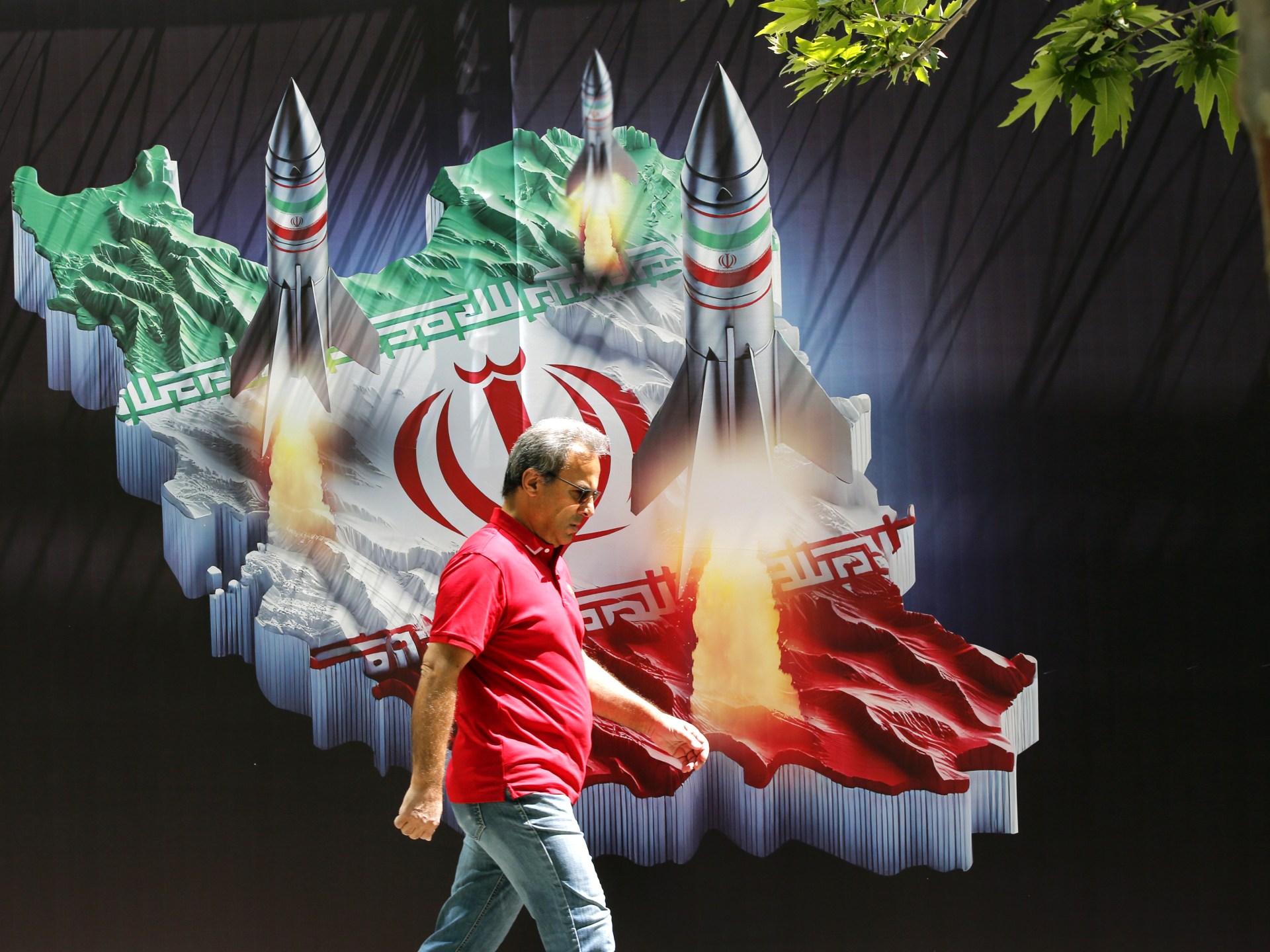US imposes sanctions on Iran’s oil sector over missile attack on Israel

In order to punish Tehran for its recent missile attack on Israeli military installations, the United States has imposed sanctions on businesses and vessels that are allegedly trading and transporting Iranian oil.
Israeli officials continue to pledge to vigorously respond to the Iranian attack, with the announcement of the sanctions coming on Friday from the US Treasury and State Department.
Tehran launched a string of missiles at Israel on October 1 in retaliation for the assassinations of Hezbollah leader Hassan Nasrallah and an Iranian general in Beirut.
US Secretary of State Antony Blinken stated in a statement that the country had made it clear that it would punish Iran for its actions following its unprecedented October 1 attack against Israel.
We are taking action to stop the Iranian regime’s revenue flow to support its nuclear program, support terrorist proxies and partners, and keep Middle Eastern conflict at bay.
Tehran’s oil and petrochemical industries are included in a list of industries that Washington claims Tehran funds through ballistic missiles and nuclear programs, prompting further sanctions against them.
However, US sanctions against Iran’s oil and petrochemicals are already severe.
The most recent sanctions appear to be intended to tighten the sanctions on Iranian exports while also expressing support for Israel following the missile attack.
According to the State Department, US President Joe Biden’s administration is “issuing a determination that will lead to the imposition of sanctions against any person determined to operate in the oil or petrochemical sectors of the Iranian economy.”
On Friday, the Treasury targeted 17 ships while the State Department sanctioned six businesses and six vessels.
The vessels are registered in the United Arab Emirates, China and Panama, among other places.
The sanctions will generally make it illegal for Americans to transact with entities and freeze their assets in the US.
In light of the region’s concern that the Israeli attack will escalate into a full-fledged war, the region is still anticipating an Israeli response.
Israel has repeatedly defied Biden’s public orders in the past, despite Biden’s suggestion in the past week that Israel should refrain from attacking Iran’s nuclear facilities or oilfields.
“The Israelis haven’t decided what they’re going to do,” they claim. That’s under discussion”, Biden told reporters last week.
“I would be considering other options if I were in their shoes than going to Iranian oilfields,” they said.
On Thursday, a spokesperson for Kataib Hezbollah, an Iran-allied Iraqi group, warned that if an “energy war” were to start, “the world would lose” about 12 million oil barrels daily — about 10 percent of the global production. The spokesperson declined to provide more information.
A military strike on Iran’s oil sector could cause high global prices and cost American consumers, which would hurt Vice President Kamala Harris’ chances of winning the Democratic nomination.
Earlier this week, Harris declared Iran as the US’s “greatest adversary” as she reasserted her “unwavering” support for Israel.
Biden reiterated his “ironclad” support of the US ally when he spoke with Israeli Prime Minister Benjamin Netanyahu on Wednesday.
Although Haniyeh was killed on Iranian soil in a late-July attack widely attributed to Israel, US officials have said the Iranian missile attack was unprovoked.
Asked after the killing of Haniyeh whether Iran “as a sovereign nation” has a right to defend itself, State Department spokesperson Vedant Patel dismissed the question, accusing Tehran of “destabilising” actions across the region.
Source: Aljazeera
Leave a Reply